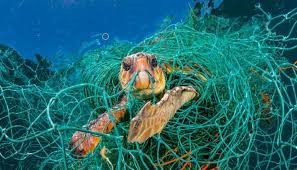IMO Regulations
IMO – the International Maritime Organization – is the United Nations specialized agency with responsibility for the safety and security of shipping and the prevention of marine and atmospheric pollution by ships. IMO’s work supports the UN sustainable development goals.

Maritime Safety
Shipping is perhaps the most international of all the world’s great industries – and one of the most dangerous. It has always been recognized that the best way of improving safety at sea is by developing international regulations that are followed by all shipping nations.
Maritime Security
The IMO has within its mandate to make trade and travel by sea as safe and secure as possible. To manage and mitigate any threats with the potential to compromise maritime security the Organization develops suitable regulations and guidance through the Maritime Safety Committee (MSC) and with input from the Organization’s Facilitation Committee (FAL) and Legal Committee (LEG).


Marine Environment
Shipping – which transports about 90% of global trade – is, statistically, the least environmentally damaging mode of transport, when its productive value is taken into consideration. For example, the vast quantity of grain required to make the world’s daily bread could not be transported any other way than by ship. Moreover, set against land-based industry, shipping is, overall, a comparatively minor contributor to marine pollution from human activities.
Human Element
The human element is recognized as a key element of the safety of life on board ships and a contributing factor to most of the casualties in the shipping sector. Maritime safety and safety of navigation can be enhanced by strengthening the focus on the human element.

